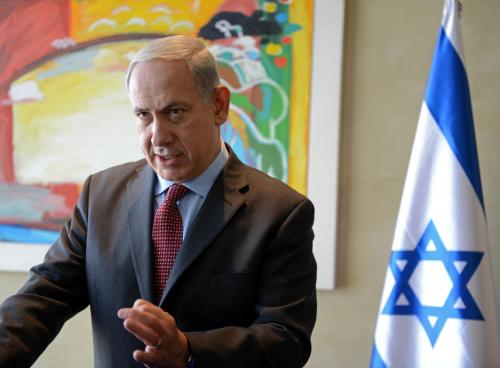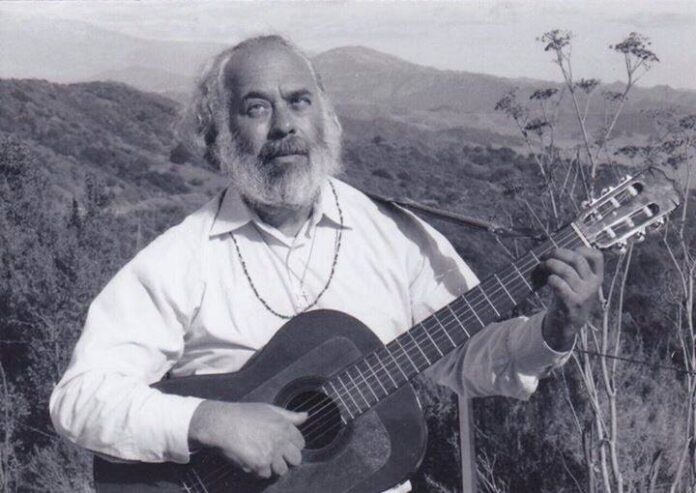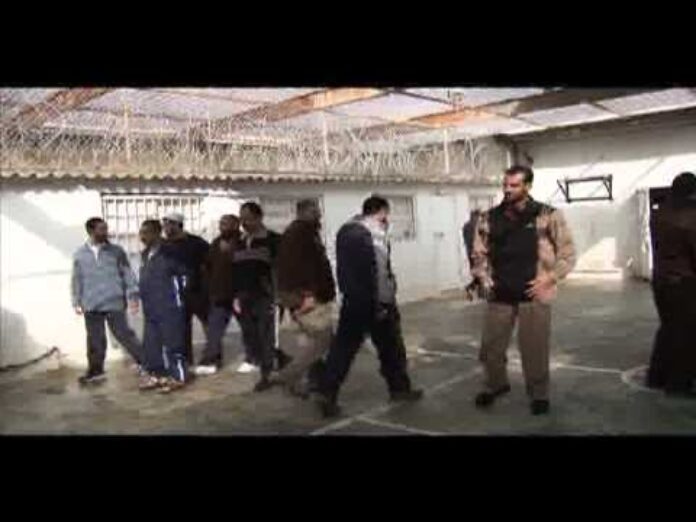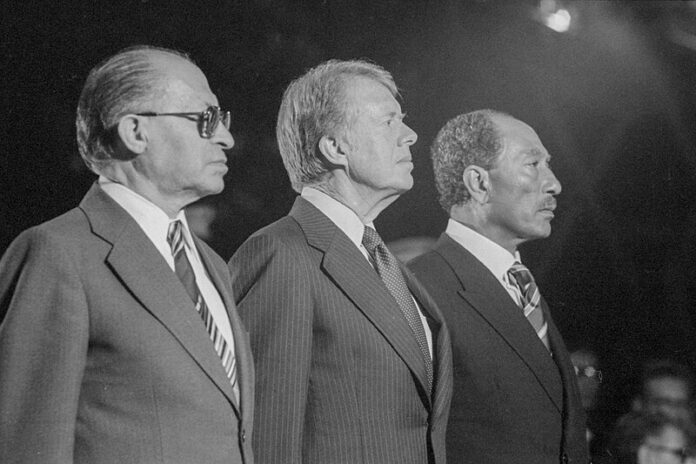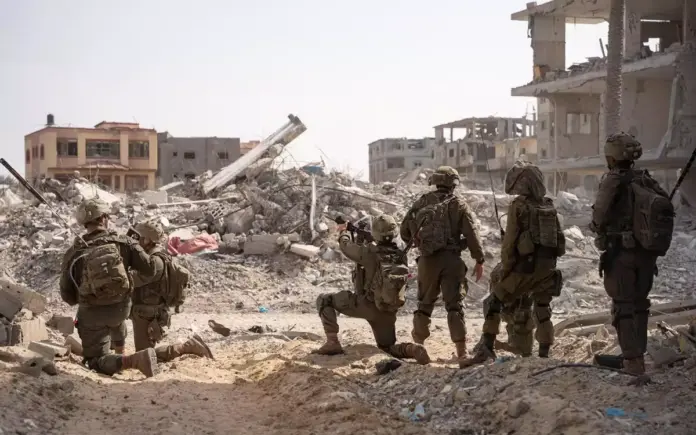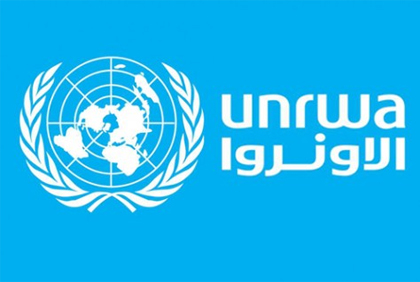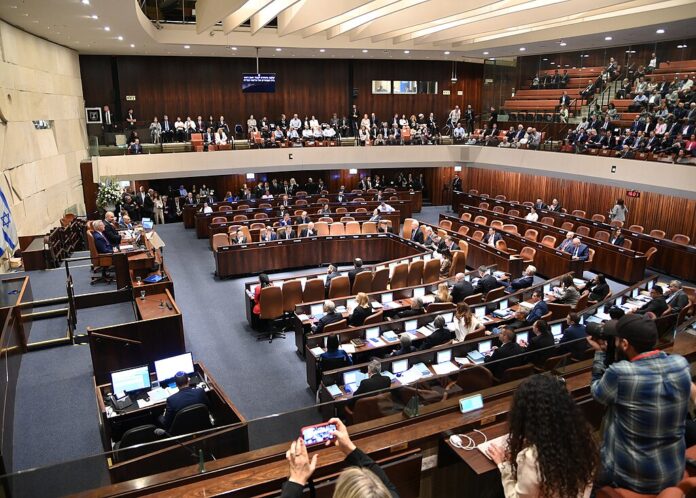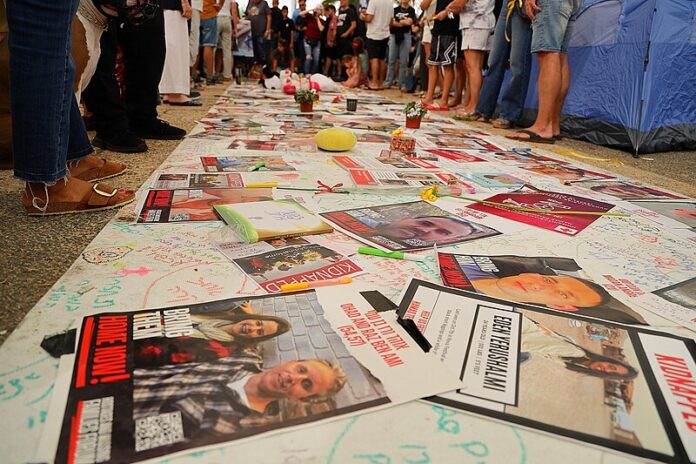Two months ago, then-President-Elect Donald Trump, with his special envoy to the Middle East Steve Witkoff by his side, reiterated: “If those hostages aren’t back … by the time I get into office, all hell will break out in the Middle East.” His often-repeated statement gave hope to all seeking the release of the 98 Israeli hostages (including three with dual American citizenship) in Hamas captivity in Gaza since October 7, 2023.
It seemed President Trump wished to repeat the scene of the 52 Americans who were abducted by supporters of the Iranian Revolution on November 4, 1979, and released on Ronald Reagan’s inauguration day on January 20, 1981, though without publicly acknowledged blackmail payments. So, on January 5, 2025, he sent his long time friend and real estate developer Steve Witkoff to kick-start the stalled negotiations with Hamas in Doha, Qatar, alongside the Biden administration team.
On January 17, the Israeli government was pressured to sign a bad, complicated, and illogical ceasefire agreement, that was inconsistent with the philosophy of the new Trump administration. An extra bit of irony is that the “all hell” threat was supposed to be directed to Hamas, Qatar, and Iran, but not to Israel.
The deal includes three phases of ceasefire (the first 2 phases to last 42 days each). The first phase will see 33 hostages, including “women, children, elderly men, and individuals with critical medical needs”, released by Hamas. On Sunday, January 19, only two of the three American captives of Hamas were released. In return, Israel released hundreds of Hamas terrorists. The agreement also allowed 600 trucks with humanitarian aid to enter Gaza daily, under Hamas control.
Three weeks into the ceasefire, Israeli forces will be required to limit their presence to only key routes, and displaced northern Gazans will be allowed to return, with vehicle inspection taking place under “Qatari Egyptian supervision“, instead of trustworthy Israeli supervision.
On day 22, the IDF will withdraw from the Netzarim corridor (which cuts Gaza in half) to a buffer zone 500 meters wide along the border with Israel. In total, some 30 Hamas terrorists will be released for each returned Israeli hostage, for a total of 3,000 Hamas terrorists. Senior terrorists will be deported to Qatar and Turkey, but the vast majority will be deported to Judea and Samaria, in the heart of Israel. America and Egypt will guarantee the deal. (See more details here)
Historically, about 80% of released terrorists return to terrorism. Israel’s domestic security force, Shin Bet, has said that 60% return to terror financing and 20% return to direct physical terror. Thus, at least 600 of the freed terrorists will continue their efforts to kill as many Israelis, including Americans, as they can. This deal guarantees a forever war with Gaza and radical Islam (Hamas) instead of a victory for Israel.
Why was Israel forced to accept such a bad deal when a much better deal could have been negotiated one month later, aided by the threat of force? Why did America push Israel to accept a deal that is so unfavorable to America’s long-term interests? Why did America push for a deal designed by the failed Biden administration, which was also favorable to radical Muslim Brotherhood countries such as Qatar and Turkey? What mistakes were made by the American negotiators, particularly by Steve Witkoff?
Save The West can only guess:
1) Witkoff was so eager to close a deal by January 19 to please his boss that he felt that he had to pressure US ally Israel rather than the unrelenting radical Islamic US enemy Hamas and its financial supporters, Qatar and Iran.
2) Witkoff did not properly consider the ramifications of the deal to US long-term foreign policy.
3) The full Trump national security team was focused on confirmation hearings in the Senate and could not focus adequately on this issue.
4) The staff surrounding Trump wanted to please his determination to “end the war”. Moreover, they didn’t have the courage to question the mistakes of his overzealous negotiator.
5) The happy prospects of facilitating the joyous release of these hostages very early in President Trump’s new term clouded the vision of his staff, who worked so hard to get him re-elected.
6) Witkoff had close financial dealings with Qatar and clearly overlooked Qatar’s financing of the global Muslim Brotherhood, which spreads anti-Christian and antisemitic propaganda through the al Jazeera propaganda TV outlet.
7) Having no real knowledge of the Middle East, but with financial links to Qatar, Witkoff did not understand that this deal re-invigorates the radical Islamic enemies of America (Iran and its proxies, as well as its proxies, Qatar and Turkey) in their quest to take over the Middle East and then the World.
8) Witkoff was apparently unaware that he was not ending the Israel war with Hamas/Iran, but turning it into an endless war, in violation of the Trump Doctrine to end “forever wars”.
9) Witkoff also abandoned the Trump Doctrine of “peace through strength”. Instead, he adopted the Democrat notion of peace through appeasement, which always leads to war.
10) Witkoff abandoned the Trump Doctrine of “America First.” Instead, he opted for Biden-Democratic policy of choosing Qatar and Hamas First. But the majority of Americans voted out the disgraced Democrat Pro-Communists/Islamists and their false narratives.
11) Witkoff ignored the Trump doctrine of “winning so often, that we will get tired of winning.”
12) Witkoff ignored the Trump doctrine of not overpaying for hostages.
13) Witkoff impaired the future success of the potential Abraham Accords expansion by appearing so weak and abandoning America’s only true ally in the Middle East.
14) WitKoff is facilitating the return of Gaza to Hamas, thereby forcing the residents of Gaza to live forever under the brutal rule of the Hamas Muslim Brotherhood Death Cult, instead of gaining some semblance of freedom under Israeli rule or, perhaps, the rule of Saudi Arabia and/or the UAE. We guess that the silent majority of American Muslim voters will be very disappointed by the prospect of such ongoing cruelty against their brethren.
So, how can the new Trump Administration recover from this major strategic blunder after the limited positive short-term glow of the hostage release fades? This hostage fiasco will cause allies to distrust the new Administration and enemies to not fear it.
1) Fire Steve Witkoff immediately, to set an example for future diplomats who ignore the noble aspects of the America First Trump Doctrine.
2) Review the vetting process to find out why Witkoff’s conflict of interest with Qatar was not detected. And why was he granted a National Security clearance?
3) Appoint a senior leader for a new Department of Policy Co-ordination (DOPC) so that rogue and incompetent appointees cannot subvert the Trump Doctrine.
4) Immediately purge all national security appointees who have ties to the Muslim Brotherhood (Qatar, Turkey, Pakistan) or Iran and its domestic sympathizers.
The new highly competent National Security team will now have lots of extra work to do to re-establish American national security credibility and the Trump Doctrine of America First. Let’s make America Great and Powerful Again!







